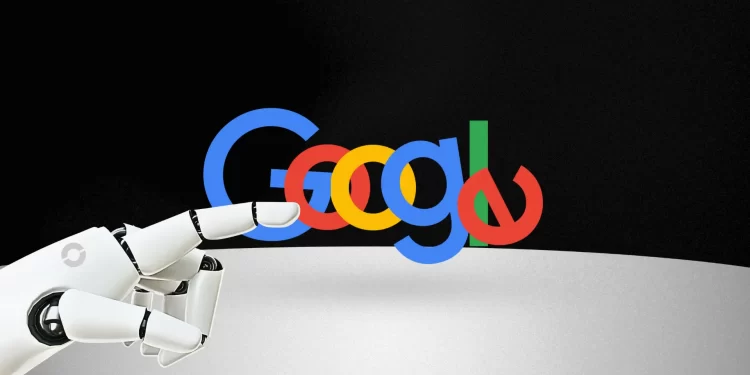For nearly two decades, “Google it” wasn’t just a suggestion, it was a cultural instinct.
From high school essays to health scares, the path to knowledge started with a search bar. But in 2025, that instinct is under pressure. Not because we stopped asking questions, but because the way we expect answers has changed.
The rise of conversational AI; fast, fluent, and eerily personalized is challenging not just Google’s market share, but the very idea of how we discover and trust information.
A search bar is no longer enough
When Apple hinted at integrating AI tools like OpenAI, Perplexity, or Anthropic into its ecosystem, it wasn’t just tech news. It was a signal: the traditional “list of blue links” model is losing relevance. Users are moving toward answers, not sources; summaries, not pages.
In response, Google launched AI Overviews: smart, stitched-together responses powered by its Gemini models. And with over 1.5 billion monthly users receiving AI summaries across 140 countries, the company isn’t standing still.
But there’s a deeper shift underway: search is no longer about finding everything—it’s about getting just enough, fast.
The attention economy rewired by AI
Traditional search was built on exploration. You clicked, compared, skimmed, saved. It was messy, but it gave you context.
Now, AI-powered results promise convenience; but at the cost of transparency. If an AI model selects the “best” answer for you, who decides what’s best? What gets omitted? And who benefits from the omission?
Google’s business model still thrives on ads, ads that rely on users clicking through results, not settling for summaries. If AI Overviews reduce the need to visit websites, does monetization collapse? That’s the billion-dollar dilemma now facing Alphabet.
Trust is the new algorithm
For all its dominance, Google’s biggest vulnerability isn’t technical-it’s perceptual. In a year marked by antitrust scrutiny and slowing Safari traffic, Google’s core promise of neutrality is being questioned.
Meanwhile, platforms like Perplexity are gaining momentum by offering transparency in sourcing and citation. It’s not just about being accurate, it’s about being accountable. In an era where synthetic content blends seamlessly with reality, trust is the competitive edge.
What this means for content, commerce, and credibility
For brands and publishers, this evolution is both a threat and an opportunity. Visibility now means being chosen by the algorithm, not just indexed by it. Content must be optimized for contextual integration, not just ranking.
And for users, the responsibility is heavier than ever. The ease of AI answers must be balanced with the effort to understand why those answers are being given.
Because in the end, the question isn’t whether Google will survive. It’s whether we will stay curious enough to keep searching, even when the machine says it already knows.
















